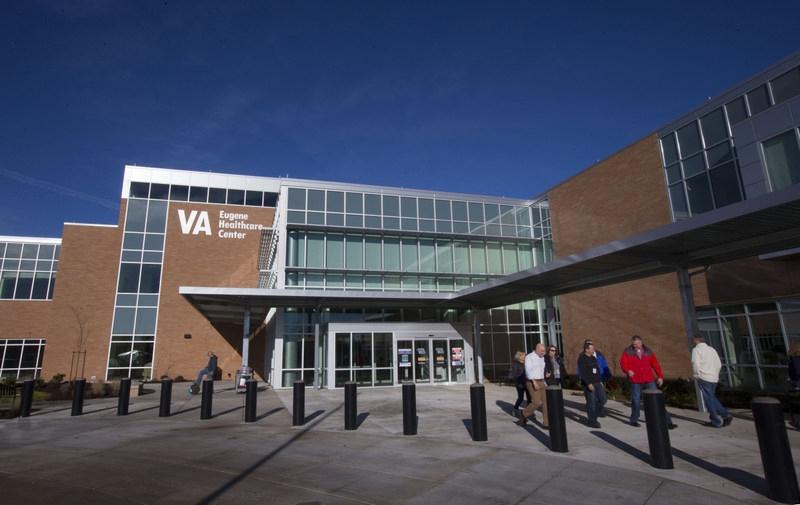News
Privatizing VA services won’t improve patient care

The VA Mission Act in Congress creates a permanent Community Care program to replace the temporary Choice program that currently refers Veterans Administration patients to private providers. This will divert $22 billion over five years that could be used to address staffing shortages that have led to long wait times for care in some VA facilities.
The case for investing more VA resources on private care is based on specious claims of pervasive problems in wait times and poor quality of care. In fact, the VA’s record in both is exceptional.
These highly misleading claims are being promoted by Concerned Veterans of America, a Koch brothers-funded organization with little veteran representation. The group’s strategy is to portray the VA as failing, making privatization seem a better alternative.
What isn’t mentioned is that the use of VA funds to pay for private care makes it impossible to address the problems Concerned Veterans for America claims are inherent flaws of the VA. Privatization does, however, generate substantial profits for investors in the health care industry. The real motivation behind expanding outsourcing seems to be maximizing private profit, not helping vets get more timely or higher quality care.
The Choice program was introduced as a stopgap measure to improve wait times until the problem could be addressed. It has expanded to the point that over 40 percent of patient visits are outsourced to the private sector. Under the Mission Act, referrals will be significantly increased, with more patients being dumped on an already overburdened system of private care that has already produced wait times longer than the VA’s.
Every dollar invested in private care ultimately comes from money necessary to fully fund and staff the VA. This diversion of funds results in fewer services and compromises the system of integrated care that only the VA provides, while the cost of private care is substantially higher than VA care.
It is ironic that the Community Care program would require the hiring of large numbers of specialists merely to process referrals and provider billing. In the Roseburg system, there will be 70 Community Care staff in a system that had less than 900 employees as of 2014. It’s not hard to imagine the impact that hiring 70 new clinicians could have had.
Privatizing services will result in a degradation of care. Private providers have much less experience meeting the special needs of veterans. Shockingly, the VA is already referring mental health patients to the private sector, which doesn’t meet the standards of the VA’s cutting-edge suicide prevention practices.
As someone who has been both a physician and a patient at the VA, I can attest that the problems the VA does have are not as serious as the flaws in the private health care system. I gave up using private insurance and now get my care entirely through the VA. As a result, I get fully integrated care in a system designed to serve vets.
VA care consistently rates higher on key performance and patient satisfaction measures compared to private care, at an estimated 30 percent less cost. Neither the cost savings, the high quality of care or the integrated nature of the system would be possible in the private sector, where the need to generate profits precludes many of the features of the VA system.
Those who put their lives on the line for our country deserve the best care possible. Despite the propaganda about the quality of care at the VA, both objective measures and patient satisfaction ratings indicate otherwise. An essential feature of the VA system that leads to these outcomes is the integrated nature of services. Money taken out of the system and lost to the private sector is not available to fund the VA’s comprehensive services and to fix problems such as long wait times at some facilities that are largely the result of inadequate staffing.
If we want to keep our promises to our vets, we cannot accept the stripping down of the VA to generate private profits. If you agree, contact your members of Congress and let them know that they need to take a closer look at what the Mission Act will do to the VA and the veterans who depend on it.
Rick Staggenborg, M.D., of Roseburg is chair of Veterans For Peace Chapter 181 in Douglas County.